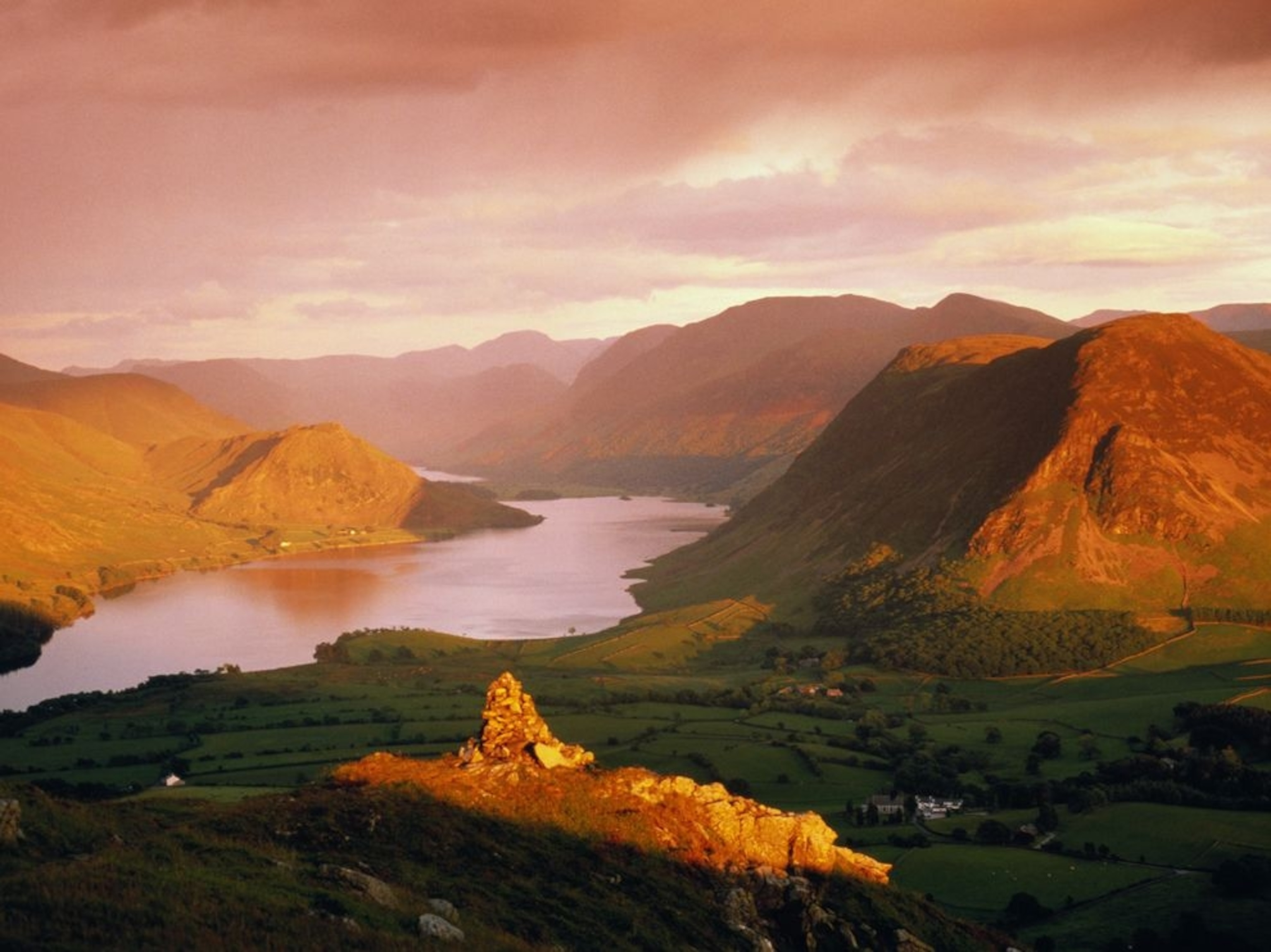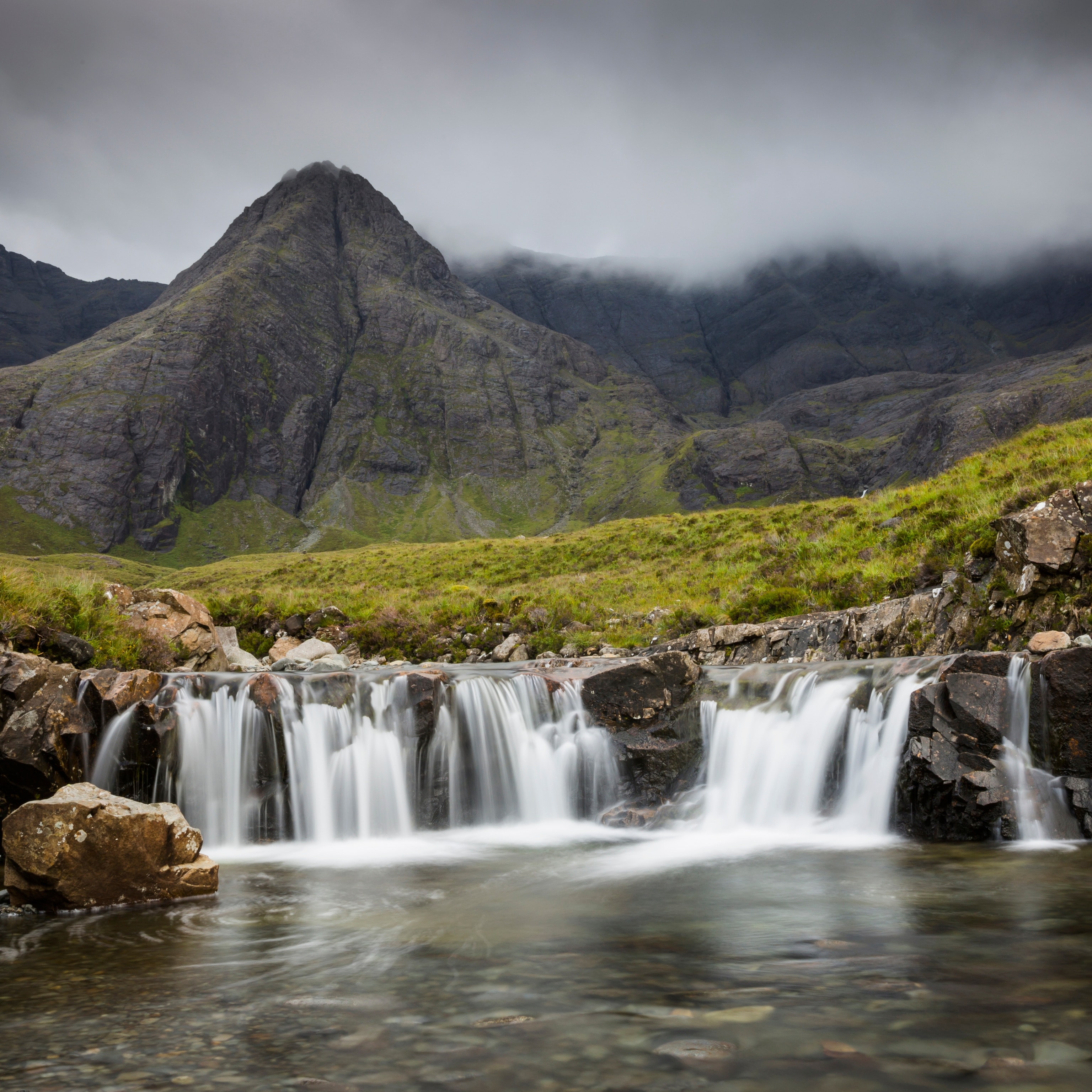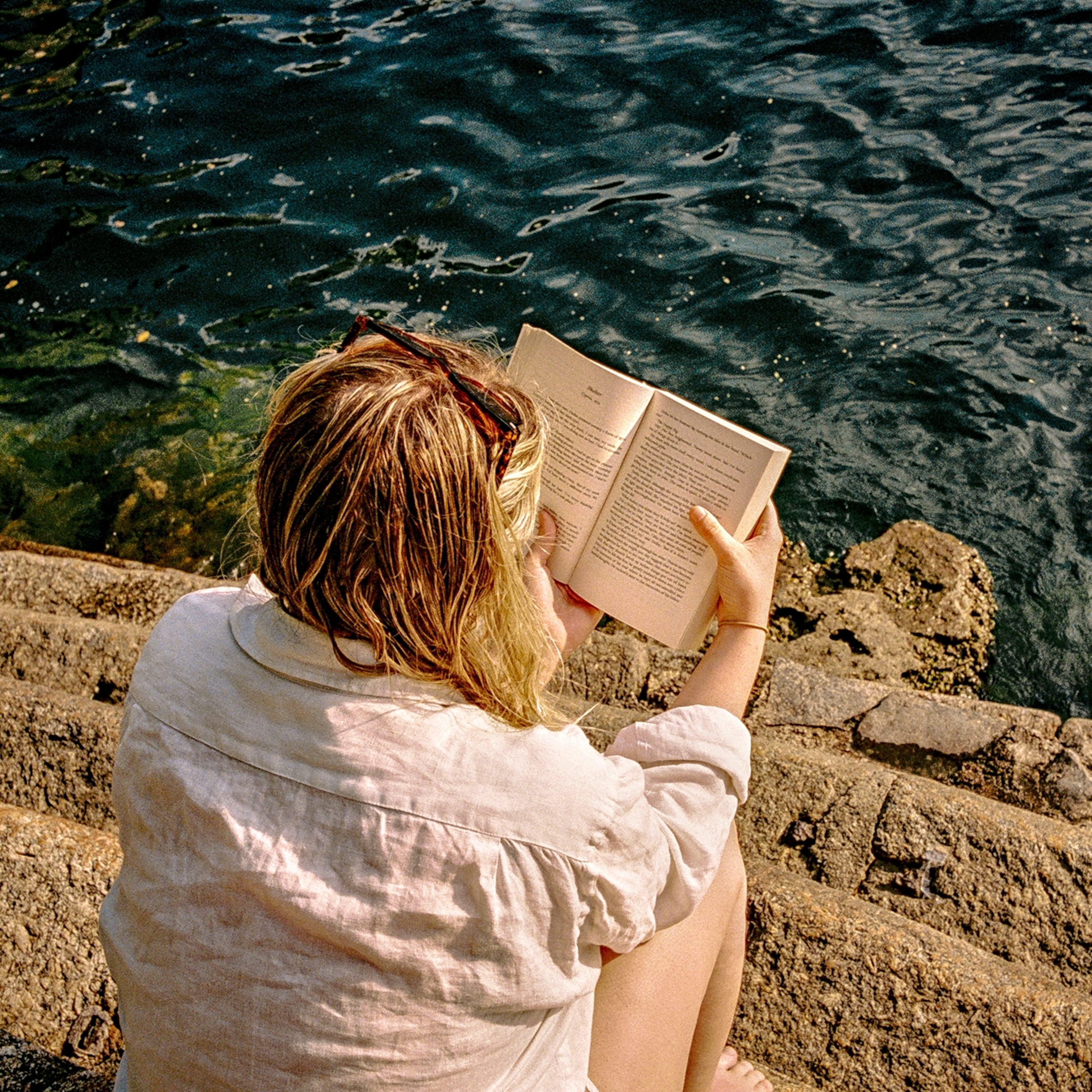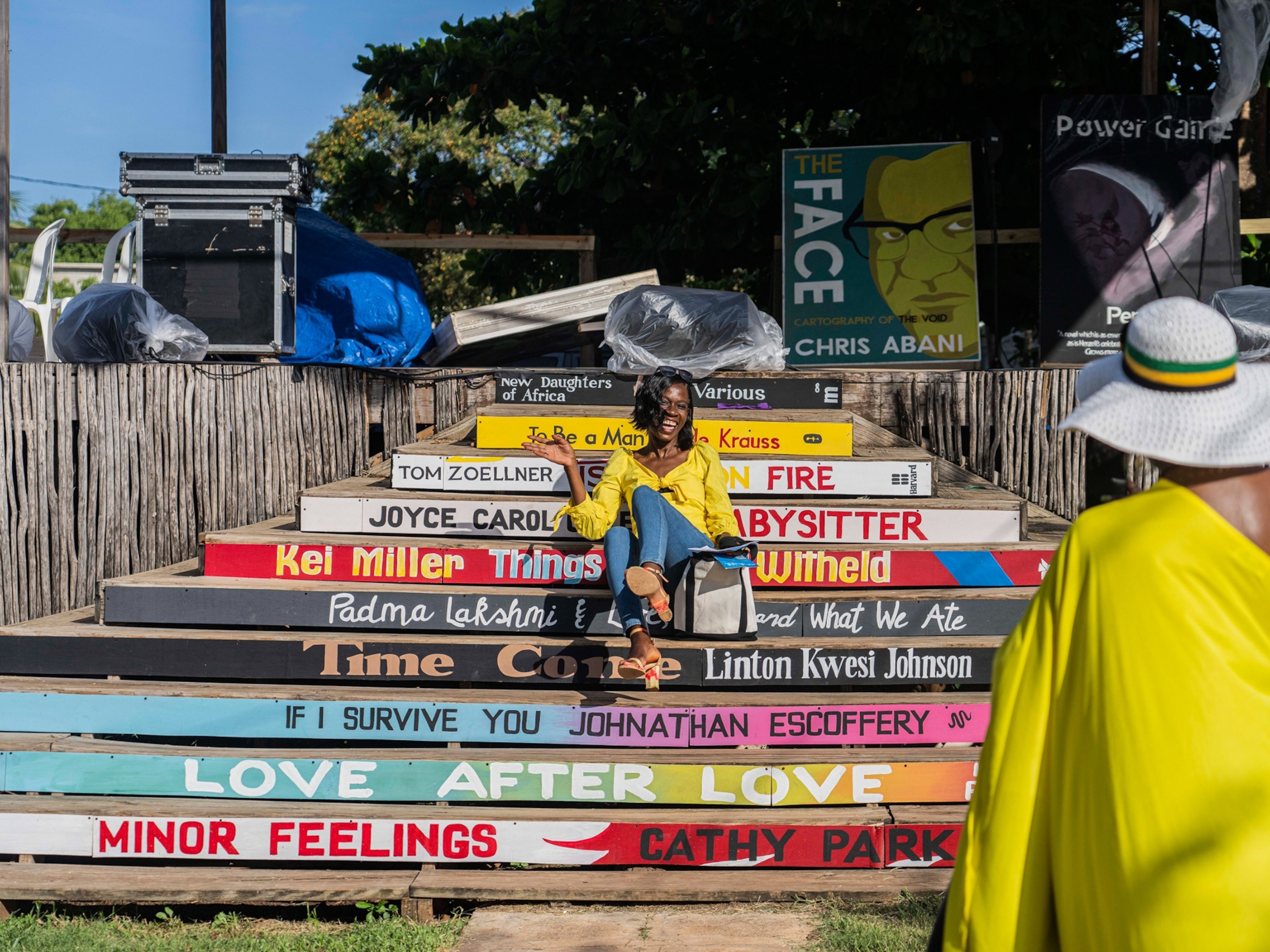
The Wild Places
TRIP LIT: GREAT BOOKS, GREAT JOURNEYS
July 2008
Book of the Month:
The Wild Places, by Robert Macfarlane
In his inspiring new book, The Wild Places, Robert Macfarlane explores the idea and the reality of wildness in the world immediately around him—the British Isles, where "the wild" is commonly assumed to be marginalized at best and on the brink of extinction at worst.
Macfarlane envisions creating "a prose map that would seek to make some of the remaining wild places of the archipelago visible again, or that would record them before they vanished for good." On this quest he immerses himself in a variety of wildnesses in England, Scotland, Ireland, and Wales; he sleeps on summits and sandy strands, ventures by moonlight along a sheer ridge, swims in isolated island lakes, wanders across desolate moors. Along the way he brings these landscapes to pulsing life—and, as with all good journeys, the ultimate lesson of his quest unfurls with its own twists and surprises.
The gifts of Macfarlane's map-quest are manifold. First, he shows that wild places still do exist in Britain and Ireland: Some have names you'll find on any map, like Ynys Enlli and the Coruisk Basin; others you'll find only on Macfarlane's personal chart, like the Tor of the Snow Hares.
His precision in apprehending the world—the crevasses and calluses of bark, the sound of grass crunching "brittlely," the air smelling of minerals and frost, the "mackerel mottling of moonlit clouds"—is a salutary lesson in and of itself.
One more gift is the sharing of knowledge that transfigures this work. Macfarlane is the best kind of guide. He masterfully maps the connections, small and large, that bind these isles, from the way weather shapes contour to the way geology forges topography. He peoples his journey with mentors who have shared his passion for the wild. And he shows how man's strivings, tribulations, and dreams shape a landscape, too.
I didn't want Macfarlane's journey to end—and wonderfully enough, it hasn't. His descriptions have created a new map of Britain and Ireland in my mind. And like pebbles in a pond, those descriptions are now altering the way I look at the world immediately around me: the flowers poking wildly between the pavement outside my home this morning, the liquid amber leaves on my street shimmering mackerel and persimmon in the afternoon sun. This is the final gift of Macfarlane's wild places: They illuminate the wild wonder of our everyday world.
Short List: New & Noteworthy
America Eats!, a recipe-filled U.S. road trip by Pat Willard on the trail of traditional American food, past and present.
China: A Traveler's Literary Companion, an anthology of revealing short stories by Chinese writers, published in time for the Summer Olympics in Beijing, edited by Kirk A. Denton.
The Bottom of the Harbor, a new edition of New Yorker writer Joseph Mitchell's classic collection of stories about New York, with an introduction by Luc Sante.
Telex from Cuba, a compelling first novel by Rachel Kushner inspired by her mother's experiences growing up on a U.S.-owned plantation in Cuba in the 1950s.
New Book Roundups
- National Geographic Expeditions
Insiders' Down Under
Secrets of the Sea is set in a fictional coastal town in Tasmania where a couple's troubled relationship is further tested when they rescue a teenage sailor during a storm. Author Nicholas Shakespeare lives part of the year in Tasmania, and that insider's knowledge imbues this novel's pages. E.O. Hoppé's Australia, edited by Graham Howe, celebrates the vast continent and its people with over 200 images—some unseen for decades—from the acclaimed modernist photographer E.O. Hoppé (1878-1972), who spent a year traveling throughout Australia in 1930. And winner of this month's best book title: Come on Shore and We Will Kill and Eat You All: A New Zealand Story. In this memoir, Christina Thompson explores the cultural collision between Westerners and the Maori of New Zealand, both historically and personally, as she describes how she came to meet, marry, and start a family with a Maori.
Not for the Timid
The high-altitude adventure anthology Near Death in the Mountains: True Stories of Disaster and Survival, edited by Cecil Kuhne, scales Everest, McKinley, and more. In Black Wave: A Family's Adventure at Sea and the Disaster That Saved Them, John and Jean Silverwood candidly share the remarkable true-life tale of their two-year voyage from the Atlantic through the Caribbean to the Pacific with their four kids aboard a 55-foot catamaran. The "disaster" of the subtitle takes place off a remote atoll in French Polynesia.
One Last Thing: More Words on the Wild
Why I Came West, Rick Bass's moving memoir of love and loss in the remote Yaak Valley of northwestern Montana, is in some ways an American offshoot of Robert Macfarlane's The Wild Places. Bass celebrates the "gnarly fecundity" of the wilderness where he has chosen to live for the last 21 years, and passionately proclaims the importance of wildness in our world. In 13 essays, Bass tracks his own evolution as a hermit-pilgrim, hunter, writer, and environmental activist—and twines that evolution with the fate of the valley itself. He writes with clarity, heart, and grace about the Yaak's idiosyncratic geological history and extraordinary biological diversity, and with frustration about his and others' so-far fruitless efforts to preserve at least some part of that special place.






